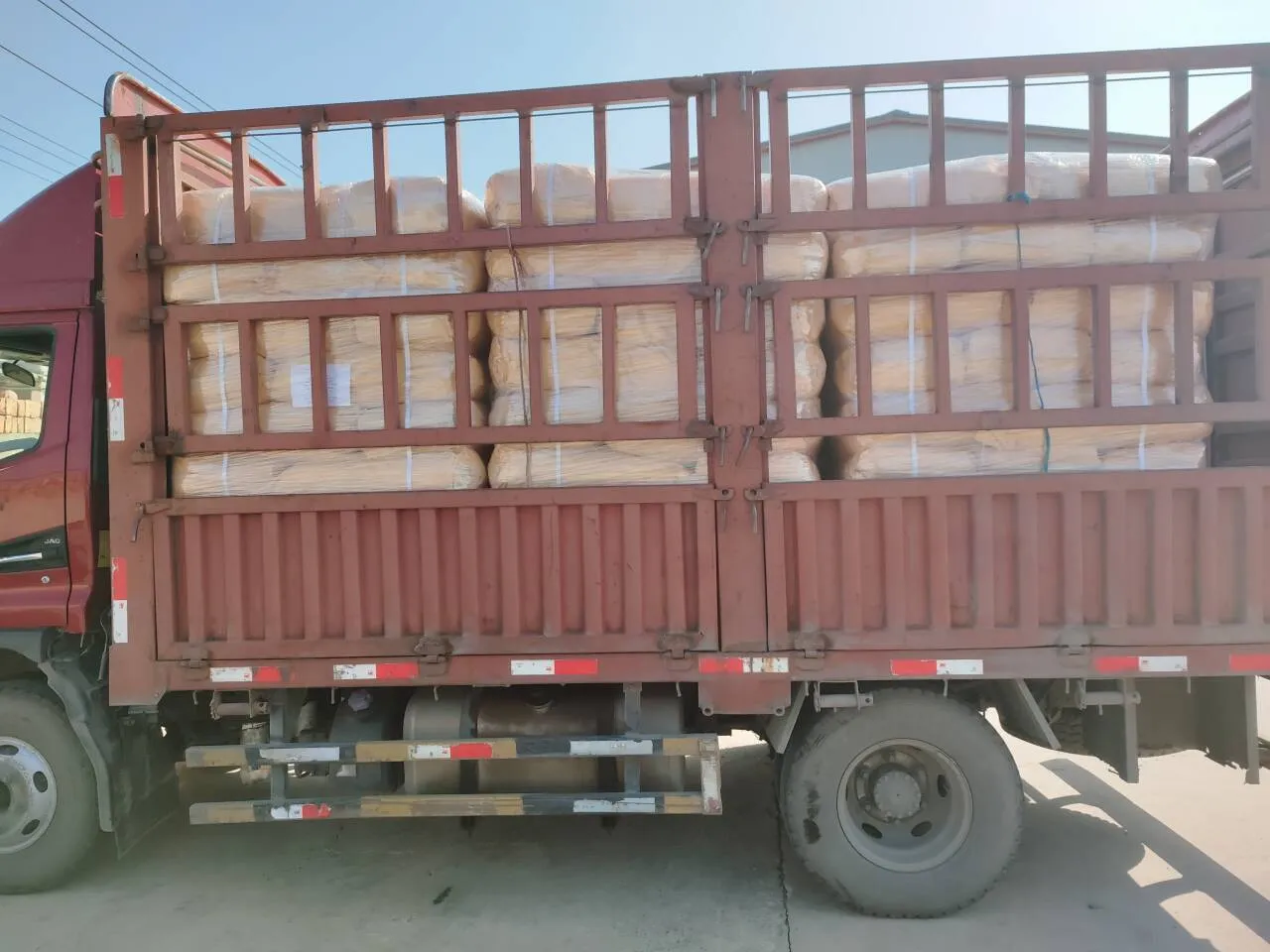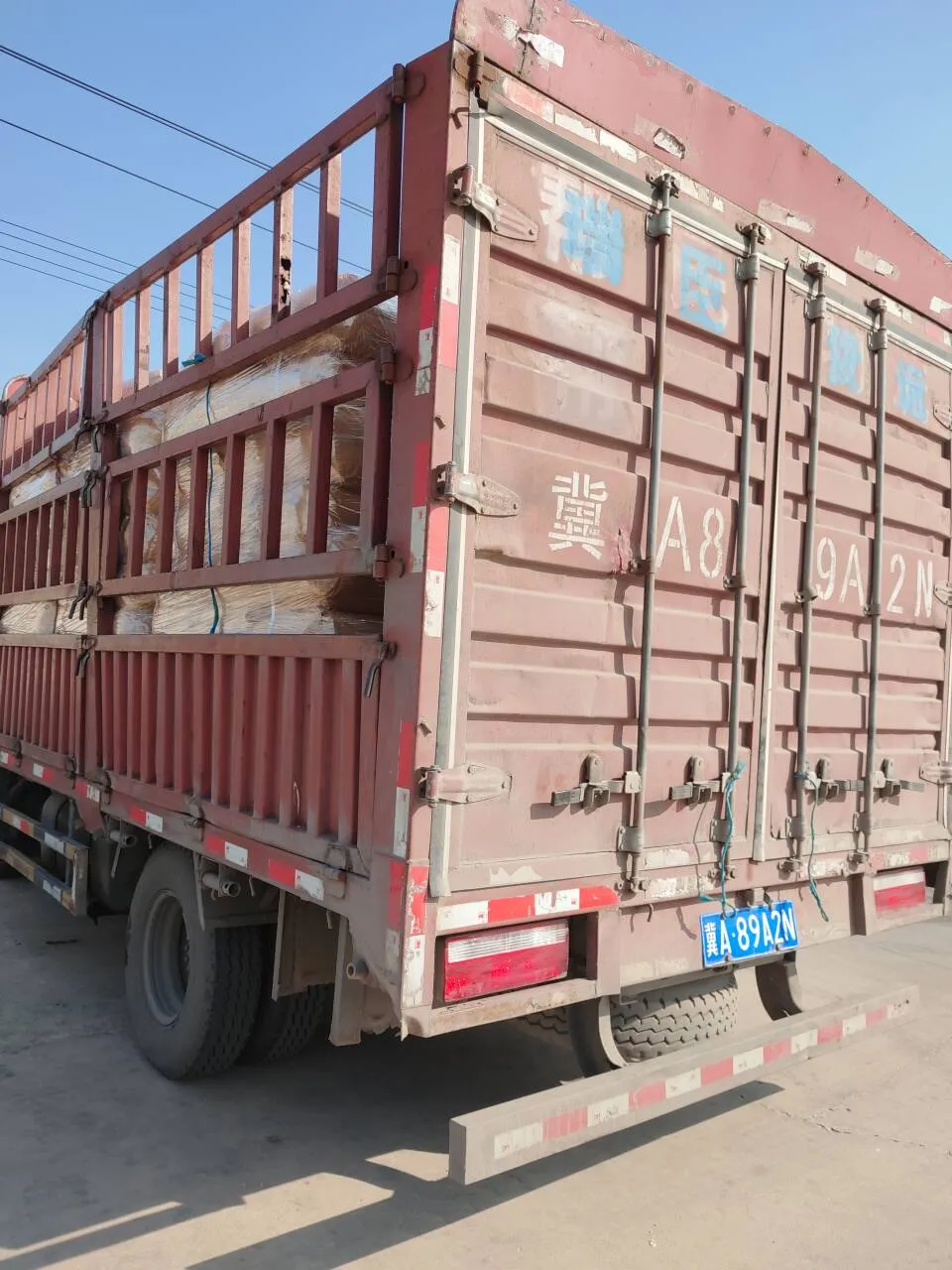

Moreover, as sustainability becomes a pivotal factor in product development, the role of CFAs in reducing raw material usage is more critical than ever. By incorporating these agents, manufacturers can produce thinner, lighter, yet strong plastic components. This reduction in material use directly correlates to less environmental impact during production and after the product's lifecycle, supporting a circular economy vision. In the realm of product development, CFAs unlock creative potential for designers, allowing for the crafting of complex shapes and structures not possible with solid plastics. This opens up opportunities for innovative applications across consumer electronics, packaging, and more. The flexibility in design and optimized material usage aligns well with the current demand for high-performance, sustainable products. Despite these advantages, the selection of the appropriate CFA—whether exothermic, endothermic, or a blend—requires expert knowledge. Each type and formulation delivers distinct properties and effects, making expertise in material science crucial for successful implementation. Partnerships with experienced suppliers and ongoing research play vital roles in optimizing results and discovering new possibilities. In conclusion, chemical foaming agents for plastics present a powerful tool for manufacturers aiming to achieve high-performance, sustainable products. Their ability to reduce weight, enhance properties, and lower costs without compromising quality makes them an invaluable asset in today's competitive market. As the industry progresses, the development and application of CFAs will continue to drive innovation and sustainability, reinforcing their position as a cornerstone technology in plastic manufacturing.

